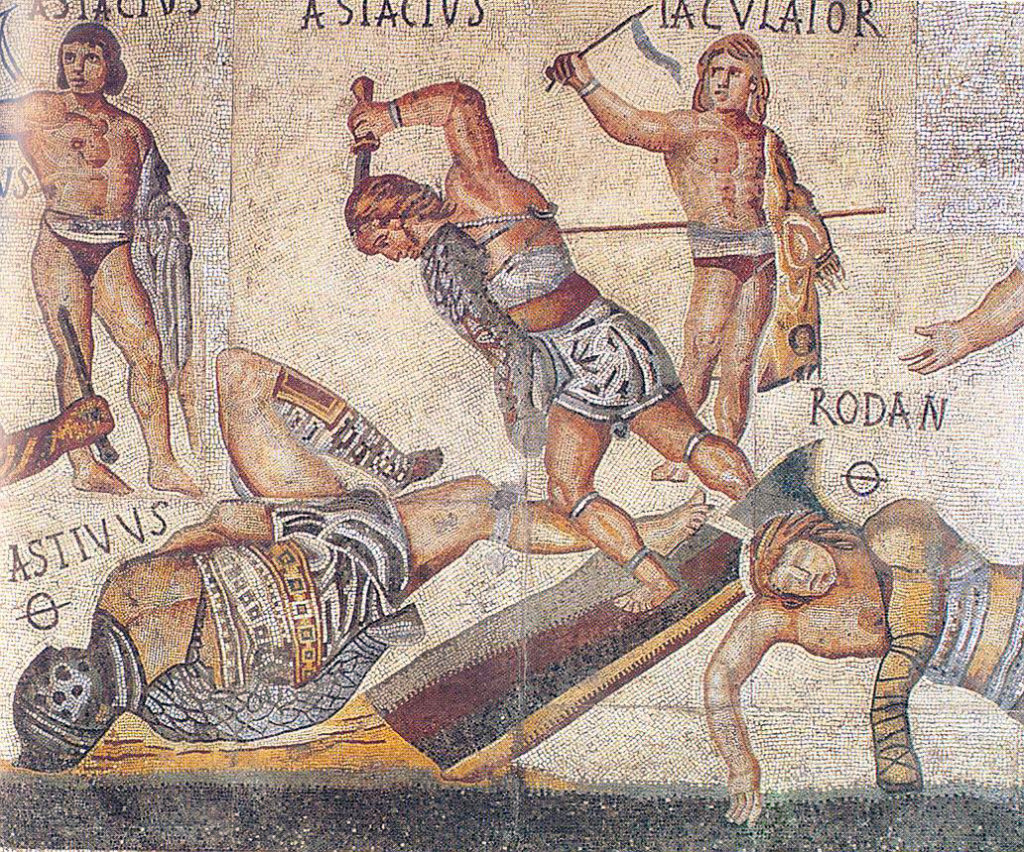Last updated on January 25th, 2023 at 11:04 pm
The religious world of Ancient Greece was very colorful. Dozens of gods and goddesses had power over everything from thunder, storms, and fire which they used to their advantage in their rivalries.
The scores of smaller city-states that made up the Greek world of the Mediterranean in antiquity worshiped particular deities to a lesser or greater extent. Athena, for instance, was supreme in Athens.
At the same time, Poseidon, the god of the sea, was perhaps unsurprisingly the principal deity in Corinth. This city straddled the isthmus connecting the Greek Peloponnese to northern Greece.
There were also major temples and oracles throughout the Greek world, famed across the Hellenistic world. However, none of these was as important to the Greeks as the Temple of Apollo on the slopes of Mount Parnassus, for it was here that the Oracle of Delphi resided.

Who Was the Oracle of Delphi?
The Oracle of Delphi was the most revered religious oracle in the Greek world. It was manifested through the high priestess known as Pythia. Her name was derived from Pytho and so from Python, the monstrous creature in Greek myth that had been slain by the goddess Apollo, to whom the temple at Delphi was dedicated.
It is unclear when exactly the Temple of Apollo was established here and when the Oracle became a feature of it. A few studies dated its origins to the height of Bronze Age Greek society when Mycenae dominated the Peloponnese around 1400 BC.
As with most major Bronze Age societies of the Mediterranean, Greek society went into severe decline from 1200 BC to 900 BC, so it is unlikely that the Temple was erected during this period.
Consequently, the Temple and the Oracle most likely date to some time in the ninth or early eighth centuries BC. The high priestess was most likely appointed after the death of the previous high priestess, with her successor being groomed for many years for the position.
The Oracle would occupy a prominent position within the Greek religious world for the next 1300 years until the rise of Christianity saw Pagan beliefs persecuted across Europe.
What did the Oracle of Delphi do?
The Oracle’s importance lies in the great faith the Greeks placed in the prophecies and wisdom issued by the high priestess Pythia. Accordingly, people would travel to Delphi without any certainty they would be given access.
The priestesses and other officials would then interview them, and if their purpose was deemed worthy enough, they were led to the adyton. In this chamber, Pythia issued forth her divinations. Unfortunately, there is a profound gap in our knowledge about how her oracles or prophecies were even issued or why they were deemed so significant.
From Herodotus, Plato, and Aristotle forward to Livy, Pausanius, and Plutarch, many Greek, and Roman authors described people visiting the Temple of Apollo or its significance to Greek and Roman religious life.
Some of these suggested that Pythia spoke to those who were given entrance to the central chambers of the Temple, but other accounts by Herodotus and others described how Pythia delivered her oracles and prophecies in a kind of reverie or stupor where she spoke in dactylic hexameter, a type of rhyming meter which mirrors how Greek epic poetry was written.
Why was the Oracle of Delphi So Important?
Suppose there is some uncertainty about how Pythia issued her statements. In that case, there is even more about why there was so much importance attributed to the oracle and what might have been the explanation for the great sanctity in which these statements were held.
It is generally assumed that the oracle issued these in the form of mystical, almost shamanic, highly revered statements. This may have been achieved through heavy states of intoxication or the consumption of hallucinogens.
One theory that has gained increasing traction in recent years is that the site of the temple lies along a geological chasm that emits gases.
Accordingly, it has been proposed that ethylene gas exposure caused Pythia’s state of inspiration. Others have rubbished this notion.
But the possibility that some gas being emitted on the temple site created a heightened state of euphoria or some other reaction in the high priestess, which in turn led to cryptic prophecies which gained increasing reverence over time, cannot be entirely dismissed.
The Oracle’s Influence in Greece
Whatever the explanation for how the Oracle at Delphi functioned and what explains Pythia’s prophecies, there is little doubt of how esteemed and indeed influential the Temple and the cult surrounding it became.
As early as the 590s, the Pythian Games, one of four important Hellenistic games, were established along with the Olympic, Isthmian, and Nemean Games.
By this time, the importance attributed to the declarations of successive high priestesses who served as Pythia was so great that city-states from across the Greek world sent huge riches to the Temple in honor of it.
For instance, in the late seventh century BC the city of Argos, one of the foremost city-states of the Peloponnese, sent a pair of ornate statues believed to represent the twin gods Castor and Pollux.
In 470 BC, the tyrant of the Greek colony of Syracuse in Sicily, Hieron, sent a highly elaborate bronze statue of a charioteer after he had won the chariot race at the Pythian Games.
This was just the early days of the Oracle’s prominence. It continued to attract great reverence, with the second-century AD Greek traveler and geographer, Pausanius providing a highly detailed account of Delphi in book ten of his famed Description of Greece.
Thus, the Oracle at Delphi remained highly important to the civilization of the Mediterranean well into Roman imperial times.
Sources
Joseph Eddy Fontenrose, Python: A Study of Delphic Myth and its Origins (New York, 1974); Hugh Lloyd Jones, ‘The Delphic Oracle’, in Greece & Rome, Vol. 23, No. 1 (April, 1976), pp. 60–73.
J. Foster and D. R. Lehoux, ‘The Delphic Oracle and the Ethylene-Intoxication Hypothesis’, in Clinical Toxicology, Vol. 45 (2007), pp. 85–89; D. R. Lehoux, ‘Drugs and the Delphic Oracle’, in Classical World, Vol. 101, (2007), pp. 41–56.
Peter Levi (ed.), Pausanius: Guide to Greece, Vol. 1 (London, 1984), Book X.
C. R. Whitaker, ‘The Delphic Oracle: Belief and Behaviour in Ancient Greece’, in The Harvard Theological Review, Vol. 58, No. 1 (January, 1965), pp. 21–47; Hugh Bowden, Classical Athens and the Delphic Oracle: Divination and Democracy (Cambridge, 2005).


I am not sure where you’re getting your information, but good topic.